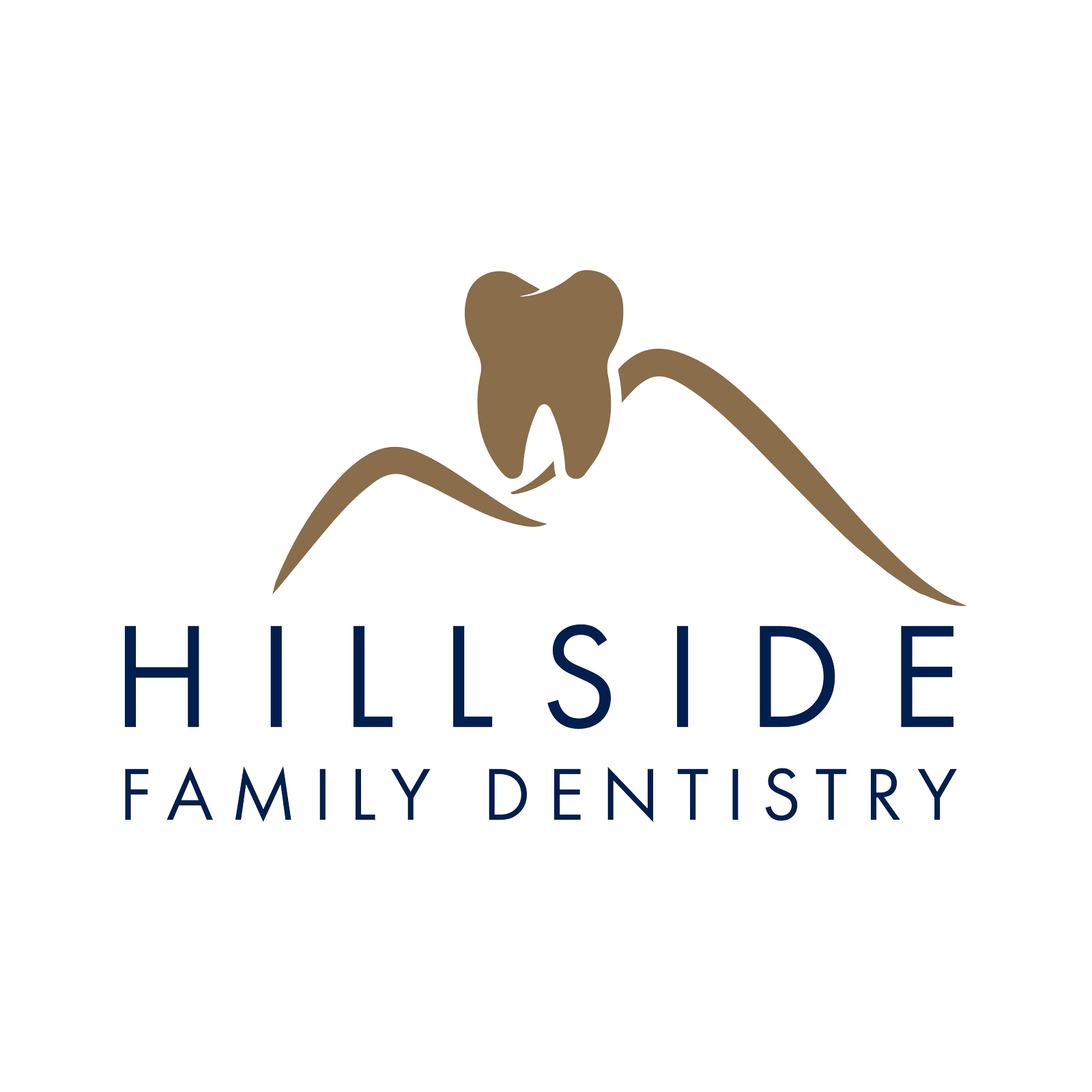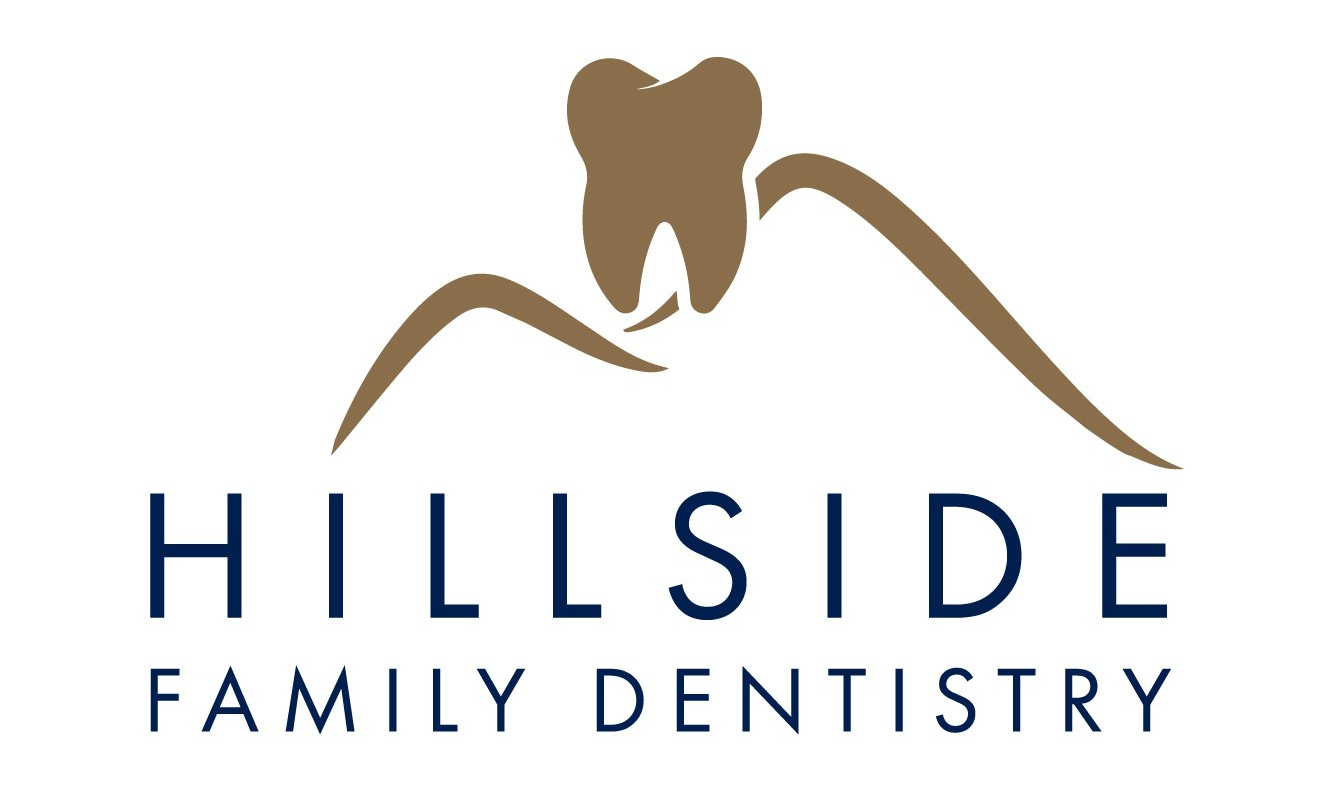Understanding the Basics of Dental Emergencies
Have you ever found yourself in a sudden, painful situation wondering if you should rush to a dentist right away? Dental emergencies can happen at the most unexpected times, often causing discomfort and worry. Knowing how to respond in these critical moments could help prevent further damage and bring welcome relief. In this blog, we will explore some common dental emergencies and how to handle them, focusing on practical, easy-to-follow advice that can help anyone stay prepared.
Before diving into specific examples, it helps to know the general rule of thumb when you’re unsure: how do I know if this is a dental emergency? In short, it qualifies as an emergency when the condition causes severe pain, involves excessive bleeding, or if there is an obvious structural problem like a tooth being dislodged. If you’re still unsure, reaching out to a professional is the best course of action. Emergencies can quickly worsen if not addressed, so being proactive is key to protecting your oral health.
Benefits and Professional Insight on Dental Emergencies
According to professional materials on dental emergencies published by organizations like the American Dental Association (ADA), the earlier a dental emergency is treated, the better the outcome often is. Immediate care can keep a minor issue from becoming a major problem. Seeking timely help can also reduce pain, lower the risk of infection, and save teeth that might otherwise need complex procedures.
Knocked-Out or Dislodged Tooth
One of the most alarming dental emergencies is having a tooth knocked out or partially dislodged. Sports injuries, accidental falls, and collisions are common causes of this situation. While it can be frightening, there are steps you can take right away to improve your chances of saving that tooth.
Retrieve and Rinse the Tooth: If a tooth is completely knocked out, carefully pick it up by the crown (top part) and avoid touching the root. Rinse it gently with water if it’s dirty, but do not scrub or remove any attached tissue.
Reposition the Tooth If Possible: If you feel comfortable, try placing the tooth back into the socket. Hold it there using gentle pressure, either with your fingers or by gently biting down on a clean piece of gauze.
Keep the Tooth Moist: If you cannot reposition the tooth, put it in a small container of milk or save-a-tooth solution. Water is not recommended because it can harm the tooth’s root cells.
Contact a Dental Professional Immediately: Time is critical. The best chance of saving a knocked-out tooth is seeing a dentist within 30 minutes to an hour.
Leading dental sources emphasize that seeing a professional quickly may be the difference between losing a tooth permanently and saving it. Prompt action keeps the tooth’s root cells alive long enough for a dental expert to reposition it. Speedy treatment can sometimes eliminate the need for costly procedures like implants or bridges later on.
Severe Toothache or Oral Pain
Toothaches can be unsettling, especially when the pain seems to come out of nowhere. A severe toothache might point to an infected or abscessed tooth, which, if left untreated, can lead to serious complications. Here’s how to handle it:
Rinse and Inspect: Start by rinsing your mouth with warm saltwater to ease irritation and to dislodge any food that might be stuck.
Use Cold Compresses: If there’s swelling, a cold compress applied to the outside of your cheek can help reduce discomfort and inflammation.
Avoid DIY Remedies: Placing aspirin directly on gums can irritate tissue. Stick to over-the-counter pain relief medication (taken by mouth) only if approved by your doctor or dentist.
Seek Dental Attention: If the pain lasts more than a day or is severe enough to disrupt daily life, it’s time to call a dentist. Abscesses or other serious infections won’t resolve on their own and require professional treatment.
Studies have shown that a neglected toothache can escalate into a deep infection affecting surrounding tissue and even bone. Professional materials on dental emergencies reinforce the importance of early diagnosis. Resolving tooth pain usually involves treating the root cause, which can be anything from decay to an abscessed tooth. Acting quickly can prevent more invasive procedures and protect overall oral health.
Cracked, Chipped, or Broken Teeth
Sometimes, biting into something hard or experiencing an accidental impact can crack, chip, or fracture a tooth. Even if the damage seems minor, it’s crucial to address it promptly to avoid complications:
Rinse and Apply Pressure if Bleeding: First, rinse gently with warm water to keep the area clean. If there is any bleeding, apply gentle pressure with a piece of gauze.
Use Dental Wax or Sugarless Gum: If a chip or sharp edge is irritating your tongue or cheeks, covering it with dental wax or sugarless gum can provide temporary relief.
Address Sensitivity and Pain: A cold compress can help reduce swelling. Over-the-counter pain relievers may alleviate discomfort in the short term.
Schedule a Dental Appointment: Don’t ignore a cracked or chipped tooth even if it doesn’t hurt immediately. Damage can worsen over time, potentially leading to infection or needing more extensive repair.
Dental experts frequently caution that a small chip or crack can become a bigger problem if not promptly treated. Professional guidelines often recommend an immediate dental evaluation to rule out internal damage and to prevent further fracturing. Early intervention can sometimes spare you from needing root canals, crowns, or even extractions later.
Taking Swift Action for Peace of Mind
The next time you wonder, how do I know if this is a dental emergency? remember that severe pain, ongoing bleeding, and visible damage to your teeth or gums are clear indicators to seek professional help. When accidents occur or pain flares up, following the steps outlined above can often make the situation less stressful. However, it’s equally important to remember that these measures are temporary. A dentist’s expertise is essential to prevent further complications and maintain overall oral health.
If you or someone you know experiences one of these common dental emergencies and needs assistance, getting expert help quickly can make all the difference. Hillside Family Dentistry, led by Dr. Ada, is well-equipped to handle urgent dental needs. Their office is conveniently located at 4408 Cobb Pkwy NW, Acworth, GA 30101. If you suspect you have a dental emergency, call 770-485-9949 to schedule an appointment. Prompt care can save a tooth, alleviate pain, and protect your long-term oral health.
Staying informed about the signs of common dental emergencies and how to handle them fosters confidence in any situation. By understanding what constitutes a true dental emergency and acting swiftly, you can prevent minor issues from becoming major setbacks. When in doubt, always seek the guidance of a qualified dental professional. After all, a healthy smile contributes to a healthier, more fulfilling life.
Share This Post

